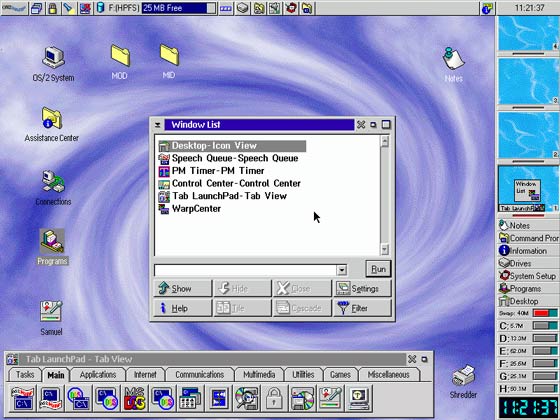Researchers at University College London (UCL) have developed a computer that can self-repair if a fault is found in its programming. The researchers call it a “systematic” computer”. It gets this name because it completes its tasks, not necessarily sequentially but using processes that are “distributed, decentralised and probabilistic”. Importantly the computer is also fault tolerant because the systems within it contain “multiple copies of its instructions”.
An article detailing the research upon New Scientist says that the systematic computer is more like the human brain in that it contains many systems which are fault tolerant and self-healing. Discussing current computer systems, New Scientist quotes UCL computer scientist Peter Bentley as saying “Nature isn't like that”, he continues “Its processes are distributed, decentralised and probabilistic. And they are fault tolerant, able to heal themselves.” Bentley concludes; “A computer should be able to do that.”
The new systematic computer works in a more chaotic fashion than traditional sequential computers. “Rather than using a program counter, the systems are executed at times chosen by a pseudorandom number generator, designed to mimic nature's randomness,” explains the New Scientist.

No crashing
Systematic computer instructions exist in multiple copies throughout the new type of computer, that’s part of how it works. This has an important knock-on effect that “if one system becomes corrupted the computer can access another clean copy to repair its own code”. The New Scientist says that these kinds of problems can cause regular computers to crash but the systematic computer will “carry on regardless” as each system has its own memory. Furthermore the scientists are now “teaching the computer, via machine learning, to adapt to its environment”.
As crash-proof as OS/2?
As John C. Dvorak writes on PCMag, this new systematic computer sounds all hunky dory but it’s not the first time that a “crash-proof” computer has been put forward. He says that it’s an “idea that sounds good on paper, but never works in practice”, and likens it to the perpertual motion machine concept. Mr Dvorak goes on to mention that OSes like IBM’s OS/2 were once promoted as “crash-proof” and while hard disk drives can be “self-healing”, as they are remapped when bad sectors appear, they still completely fail sometimes.

Looking at the UCL scientists own nature influenced inspirations we must remember that sometimes Nature fails too. Just considering the human brain, our own organic computer, there are many faults that can make it come up with the wrong answer or even stop it working completely.













